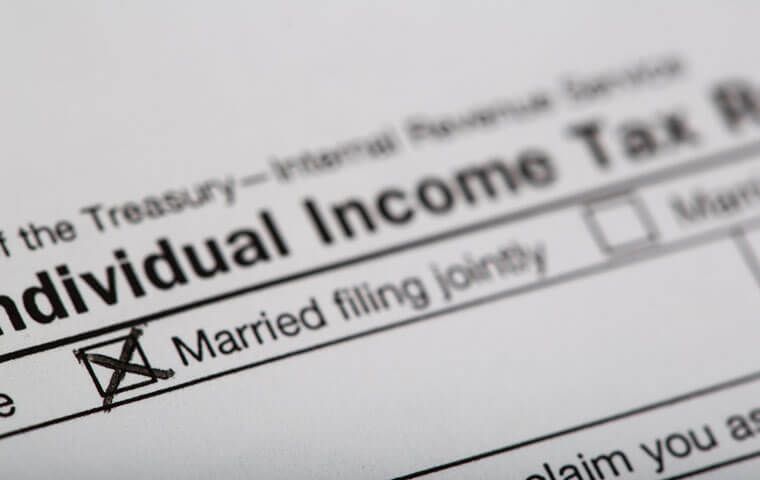 In a review of “incident logs,” the IG identified 10 incidents “that were improperly categorized and potentially violated the Fair Debt Collection Practices Act for disclosing tax debt information to unauthorized third parties.” Image: ZikG/Shutterstock.com
By: FEDweek Staff
In a review of “incident logs,” the IG identified 10 incidents “that were improperly categorized and potentially violated the Fair Debt Collection Practices Act for disclosing tax debt information to unauthorized third parties.” Image: ZikG/Shutterstock.com
By: FEDweek StaffAn inspector general report has raised concerns with screening of some employees of the companies under contract to collect some unpaid taxes, among other issues with that program.
The report is the latest audit of the third iteration of an effort for collection of debts that otherwise would be low priority for the IRS, but which always have been controversial because of views that such activities are inherently governmental. It also addresses what soon will be a timely issue of contracting out of federal work, which is expected to be a priority of the incoming Trump administration and its related “department of government efficiency” advisory commission.
The report noted that while the IRS mandates background checks for employees of the private collection agencies before they are allowed access to information such as a taxpayer’s Social Security number, interim permission can be granted in certain situations. The IG found that of some 800 exceptions it reviewed, 11 of the employees “received a Proposal to Deny Letter due to security concerns identified in their background investigation, and staff-like access should have been immediately suspended.”
“However, the IRS does not readily track when interim staff-like access is suspended and whether it is immediate. These 11 PCA employees could have retained access to sensitive taxpayer information,” it said.
Further, in a review of “incident logs,” the IG identified 10 incidents “that were improperly categorized and potentially violated the Fair Debt Collection Practices Act for disclosing tax debt information to unauthorized third parties.”
The report added that of the nearly $65 billion in taxpayer accounts referred to the companies since 2017, they had successfully collected on $2.4 billion; under the program, the companies, can keep up to 25 percent of the amount collected.
A report by the IG in 2021 said that that too many employees of those companies have access to taxpayer banking information, increasing the risk of fraud, while one in 2022 found that the IRS had under-reported its costs of overseeing the program. An IG report in 2023 found problems including lack of compliance with a law that was designed to shield lower-income debtors from collection while a 2024 GAO report said the IRS lacked standards to evaluate whether the program is being applied equitably across different demographic groups.
OPM Advises Agencies on Conducting RIFs During Shutdown
Updated Shutdown Contingency Plans Show Range of Impacts
Use Shutdown as Justification for More RIFs, OMB Tells Agencies
Unions Win a Round in Court Disputes over Anti-Representation Orders
Deferred Resignation Periods End for Many; Overall 12% Drop
Senate Bill Would Override Trump Orders against Unions
See also,
How to Handle Taxes Owed on TSP Roth Conversions? Use a Ladder
The Best Ages for Federal Employees to Retire
Best States to Retire for Federal Retirees: 2025

